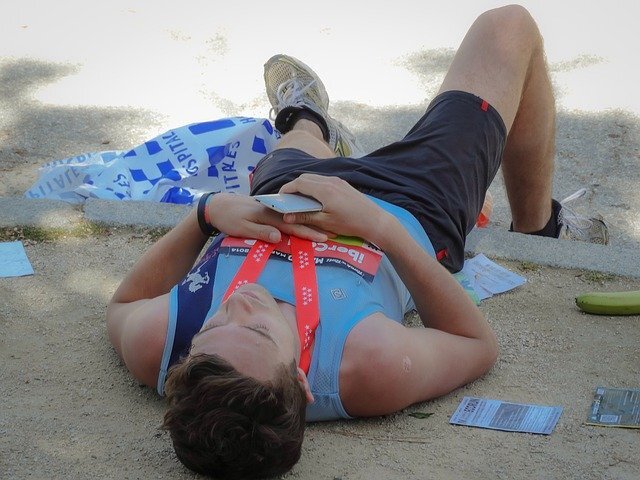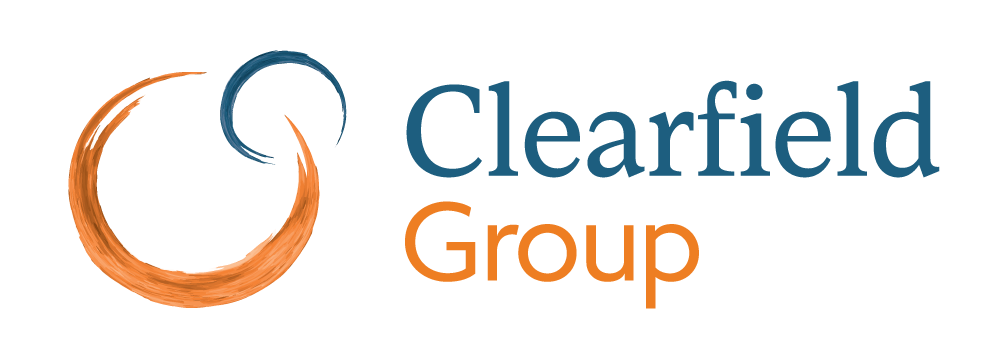Three simple questions to ask your team right now

Credit: Carabo Spain
The stories of business resilience from this time are extraordinary.
I talked with one manager whose team chartered planes to move critical medical supplies around the world.
I talked with another manager whose people were stopped by building security as they moved critical computers to their homes before their offices were locked down. (They eventually sorted it out).
And my friend David Sax recently shared the story of a travel entrepreneur who changed directions entirely and now plants and tends urban vegetable gardens in Toronto.
Not to mention all the personal stories of sacrifice and resilience from the front lines — from nurses and doctors to janitors and grocery store workers.
Even as local governments around the world inch toward reopening, one overwhelming thing has become clear to me:
It’s a marathon, not a sprint.
We can’t “push through” until things are back to normal. Normal is gone. We’ve got to drop our tools and innovate within the constraints of our reality.
I recently wrote about how the best teams manage the unexpected by coming up for air and reflecting, in real time, on whether the actions they’re taking are having the effect that they expect. They iterate by diagnosing a problem, doing something to try and fix it, and monitoring the results.
That sounds simple, but it turns out that it’s hard to do in practice. Even great teams can get lost in the day-to-day work, trying to finish a seemingly endless stream of tasks. But without coming up for air, it’s easy to work really hard on the wrong things.
Over the past few weeks, I’ve been helping groups carve out space to reflect.
Sometimes, it’s very practical: I just spoke with managers at a global logistics company about how they can turn the lessons learned from the past few months into a strategy to shift their infrastructure over the next few years.
But sometimes these sessions are more reflective. I got some powerful feedback from a big bank after a session with senior HR leaders. We discussed three questions:
1. What’s been unexpectedly hard — in your work, with your teams, or in your home life?
2. What’s a source of resiliency you’ve drawn on?
3. What’s something you’re grateful for?
They are short, simple questions. But the secret is in the interactions that arise. When you ask important questions and put people into small groups, barriers break down. It’s both grounding and energizing, a way to reflect on what’s passed and prepare for what’s to come.
And the learning, of course, doesn’t stop there. It starts conversations and triggers knock-on effects that can change things for the better.
Are you coming up for air? If you need pause, take a moment to reflect on what hasn’t changed for you. Maybe your values are still the same. Maybe it’s your connection to your team, or the purpose that drove you to your work in the first place.
And if you’d like to know more about how I facilitate these kinds of conversations, see more here.
Subscribe here to get these articles in your inbox
